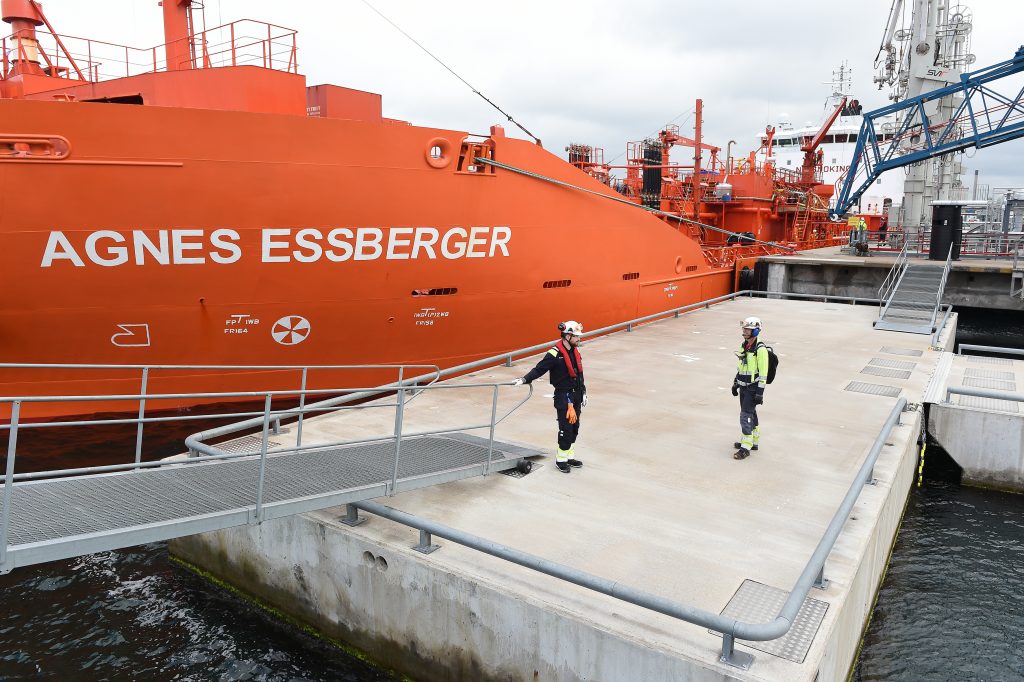
The Borealis cracker in Stenungsund, Sweden, is carrying out its first test run of a feedstock derived solely from vegetable-based waste streams. The test, which will be carried out throughout the month of September, should determine the extent to which this renewably-sourced feedstock can serve as a replacement for fossil fuel-based feedstocks. Renewable feedstocks form the foundation of the BornewablesTM, the Borealis portfolio of premium circular polyolefins. Being able to offer a viable alternative to conventional feedstocks will not only reduce the Stenungsund plant’s overall CO2 footprint, but also help Borealis customers maintain high product quality while meeting their own sustainability goals.
Crackers are plants that create the building blocks for the petrochemical industry. They perform the first step in producing resins and plastics. Crackers have traditionally “cracked,” or broken down, fossil fuel-based materials such as ethane and naphtha. But if they could also break down materials derived from renewable resources, crackers could become a crucial link in the industry transformation to greater circularity and sustainability. A successful pilot test would enable the Stenungsund cracker, already one of the most modern and flexible in Europe, to point the way towards more climate-neutral operations.
The September pilot will test volumes of around 1,000 tons of renewable feedstock. Testing should gauge any possible adverse effects on the cracker ovens. Another aspect is whether production timetables can be maintained, and if more frequent cleaning intervals are required. While the test quantity is small compared to the 1.5 million tons of conventional feedstock processed here each year, satisfactory results will enable the Stenungsund plant to gradually increase the share of renewable feedstocks in the mix. Importantly, the renewable feedstock used in the pilot boasts even greater sustainability because it is sourced exclusively from waste and residue streams – and not from crops grown for food and livestock feed.
Renewable feedstocks form the foundation of the Bornewables, a portfolio of circular polyolefins which offers the same material performance as virgin polyolefins, but with a lower carbon footprint. The Bornewables can be used for a wide range of applications across diverse sectors, including food packaging and hygiene. The entire Bornewables portfolio has received ISCC (International Sustainability & Carbon Certification) certification, meaning the traceability of the renewable, sustainably produced feedstock from its point of origin through the entire chain of custody is assured. Launched in 2020, the Bornewables portfolio is a powerful example of the ways in which Borealis is using its Ever Minds™ approach to put technology and innovation in the service of circularity.
Source
Borealis, press release, 2021-09-09.
Supplier
Share
Renewable Carbon News – Daily Newsletter
Subscribe to our daily email newsletter – the world's leading newsletter on renewable materials and chemicals










